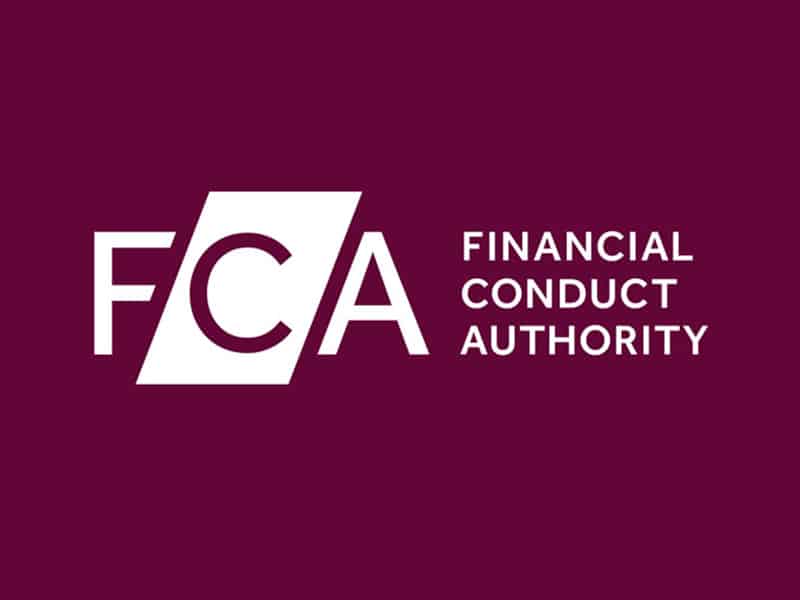Last updated: 28/04/20
From Monday 27 April 2020, the FCA has announced that consumers with regulated motor finance agreements will be able to access a payment deferral, should their financial circumstances have changed because of coronavirus.
But what are these new measures, who is eligible and what should you do if you're facing financial difficulty?
What is a 'regulated motor finance agreement'?
A regulated finance agreement includes a Hire Purchase (HP), Personal Contract Purchase (PCP) and Personal Contract Hire (PCH) agreement used by an individual to purchase a vehicle. The guidance does not apply to vehicles purchased by businesses.
What measures have been introduced?
Emergency measures have been put in place to protect consumers who are facing financial difficulty from losing their vehicle due to default. The first measure introduced is a payment deferral, which permits the customer to make no payments (or a token payment of £1 per month) for a specified period without being considered to be in arrears.
When a consumer faces temporary payment difficulties, firms should grant a payment deferral of up to 3 months unless the firm decides (acting reasonably) that it wouldn't be in the consumer's best interests to do so.
The FCA also announced measures for consumers with agreements which include a Guaranteed Minimum Future Value (GMFV) or Residual Value (RV), such as PCP and PCH. When a consumer is granted a payment deferral, firms are prohibited from re-calculating the residual value of the vehicle (which, in the current market, would be below previous estimates) in order to recover more money.
If a consumer has a PCP agreement, which has an end-date within the next three months, and they wish to purchase the vehicle but don't have the funds to cover the balloon payment because of coronavirus, firms must find an appropriate solution which does not lead to unfair outcomes.
However, if the consumer wishes to return the vehicle at the end of the agreement, but this is impractical, consumers should be aware that they are unable to use the vehicle beyond the agreement end-date.
Who is eligible?
Where an individual is facing financial difficulty arising out of the coronavirus pandemic, the Financial Conduct Authority (FCA), who regulate consumer lenders, have issued guidance stating that they expect the lender to provide help to those who might be having temporary difficulty in making their finance or leasing payments due to a loss of or reduction in their income (or income of other members of their household) or to those who expect to experience such difficulties. Individuals who were previously facing financial difficulty would be dealt with using existing forbearance rules.
What help is available?
Individuals experiencing financial difficulty should be able to:
- Defer payments under their loan or lease agreement for a specified period without being considered to be in arrears. The lender should defer payments for 3 months unless this would not be in the individuals interest e.g. if the deferred payments give rise to a greater debt burden due to the accrued interest on the deferred payments and the individual would not be able to repay the greater amount of debt.
- If a 3 month payment deferral is not considered appropriate, lenders should offer other ways to provide temporary relief to individuals such as reduced payments or a rescheduled term e.g. lengthening the term over which the loan is re-paid should reduce the monthly payments but could lead to a higher total amount being repaid due to additional interest being charged.
- If you are unable to meet your payments after the 3 month payment deferral period, you should contact your lender.
- A payment deferral should not adversely affect your credit file.
Is there a deadline?
If you are experiencing financial difficulties due to the coronavirus pandemic, you should contact your lender. The above measures can be requested during the 3 months to 26 July 2020. Individuals can request a payment deferral at any time up to 26 July 2020 and if granted a deferral, this would continue beyond the scheme’s end-date. The FCA has explained that if necessary, these measures would be extended.
How does a payment deferral affect how much I owe?
A payment deferral extends the length of the agreement by the length of deferral. For example, if granted a three month deferral, this would extend your original agreement by three months at the end of the loan or lease term. Interest will continue to accrue on the balance, unless your lender specifically advises this is not the case.
What other options are there?
Individuals should consider whether it would be better to use other forms of financial help as an alternative to a payment deferral on a vehicle loan or lease. For example, some banks are offering interest-free overdrafts. The FCA has also introduced other measures to assist individuals who are experiencing difficulty meeting payments due on credit cards, overdrafts and mortgages.






 Facebook
Facebook Twitter
Twitter Instagram
Instagram LinkedIn
LinkedIn Youtube
Youtube